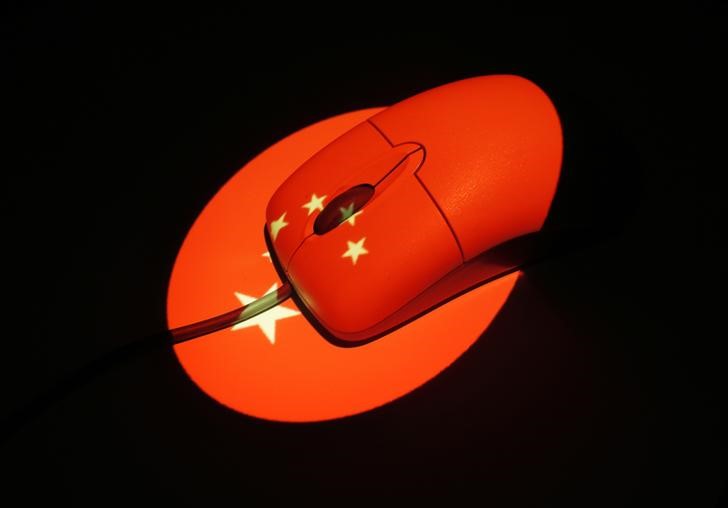(Bloomberg) -- Japan’s magnet makers may be the big beneficiaries from any Chinese curbs on rare earths exports, according to one of the top producers.
That’s because producers have been able to reduce the amount of rare earths they use after a 2010 decision by China to cut export quotas and curtail shipments to Japan spurred efforts to develop substitutes, according to Toshiyuki Inouchi, an executive of Tokyo-based Hitachi Metals Ltd. Attention has returned to the broad group of 17 elements this year after Beijing signaled its intent to restrict exports as part of the ongoing trade war with the U.S.
Permanent rare-earth magnets are the biggest single market for the minerals and Japanese and Chinese producers want to tap into an expected surge in demand for tiny magnets and motors as electric vehicle use expands. Hitachi estimates that the need for the magnets it manufactures will expand at an annual pace of about 10% to 15%, led by growth in the auto sector, said Inouchi, senior manager of the planning department in the advanced components and metals division.
China dominates global supply, accounting for 70% of rare earths production and more than 90% of permanent rare-earth magnets, and has indicated it has a plan to restrict exports to the U.S. if needed. While it’s unclear whether and how the government would implement curbs, Hitachi Metals said it’s already developing heavy rare-earth free magnets and sourcing raw materials from outside China. If exports were restricted to all countries, not just the U.S., there would be a greater impact on the heavy elements sub-group.
“If heavy rare earths were not coming out from China for years to come, the impact would spread globally, but we wouldn’t see any problem if a suspension lasts only for several months,” Shigekazu Suwabe, general manager of Hitachi Metals’ magnetic materials business unit, said in the same interview last week. Heavy elements are harder to source outside of China, while light rare earths would be easier to procure, he said, with the company buying from Lynas Corp.
Read more: Why rare earths could give China a trade war cudgel
China previously restricted rare earths exports in 2010 by slashing quotas and implementing a de facto ban on shipments to Japan amid a row over disputed islands. Hitachi Metals has cut its use of dysprosium, typically added to the neodymium magnets to make them heat tolerant and more efficient, by half since then and also produces magnets that are either free of heavy rare earths or contain only a very small amount.
Chinese producers have become more competitive in the magnet market and have benefited from the country’s policies to promote EVs, according to Suwabe. The revival of rare-earth fears could be a chance for Hitachi Metals to boost sales to auto customers, he said.
